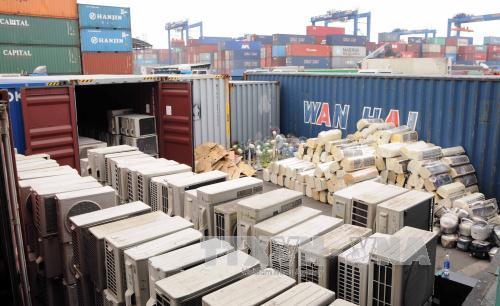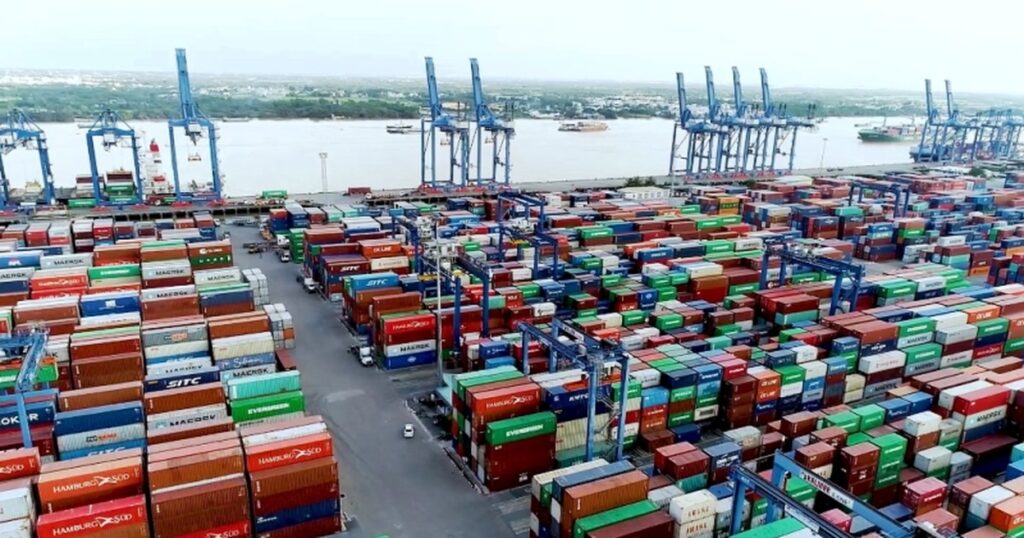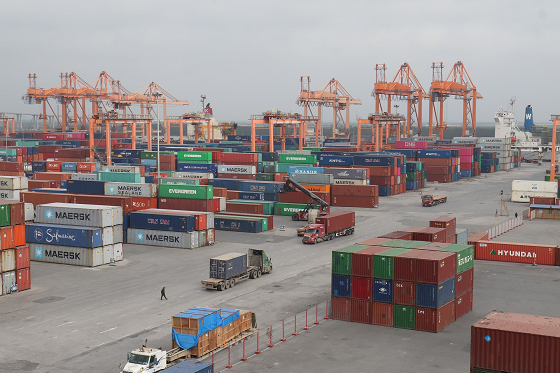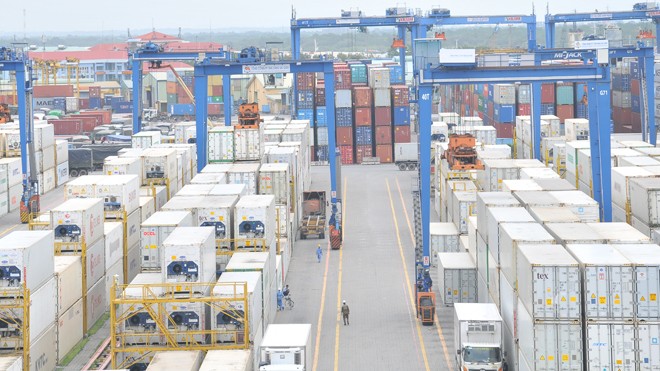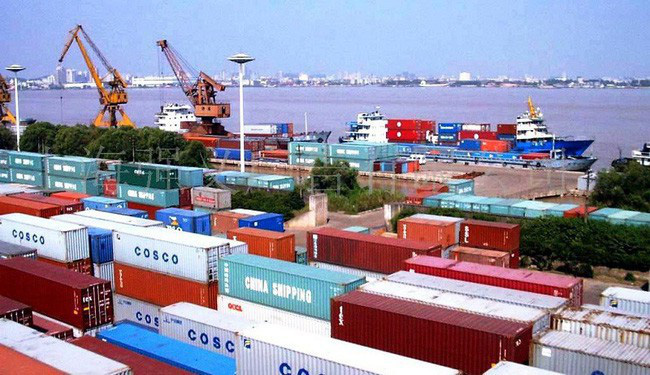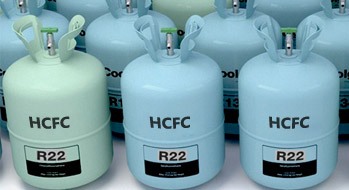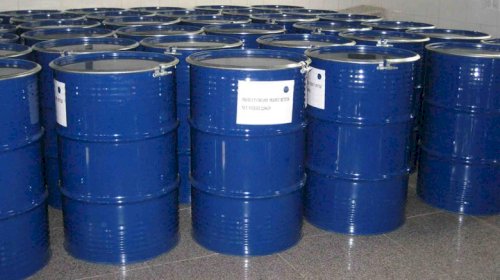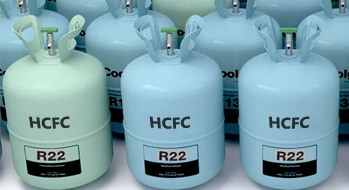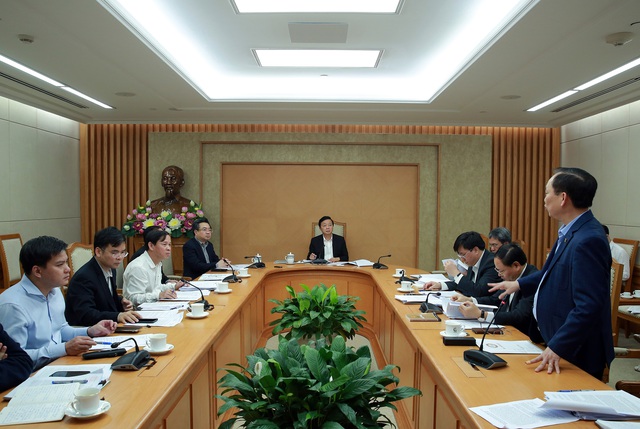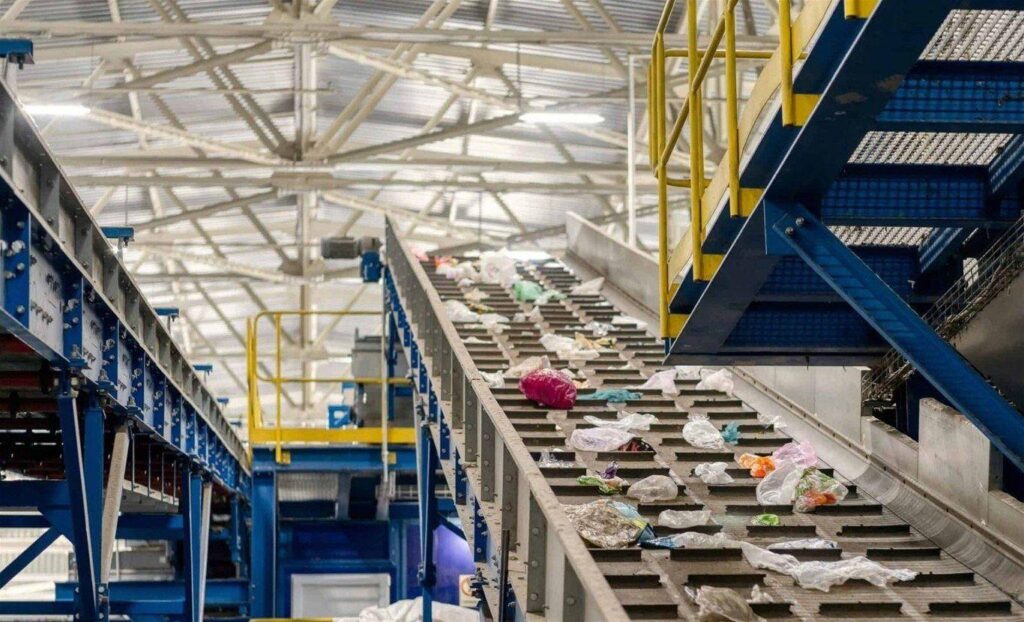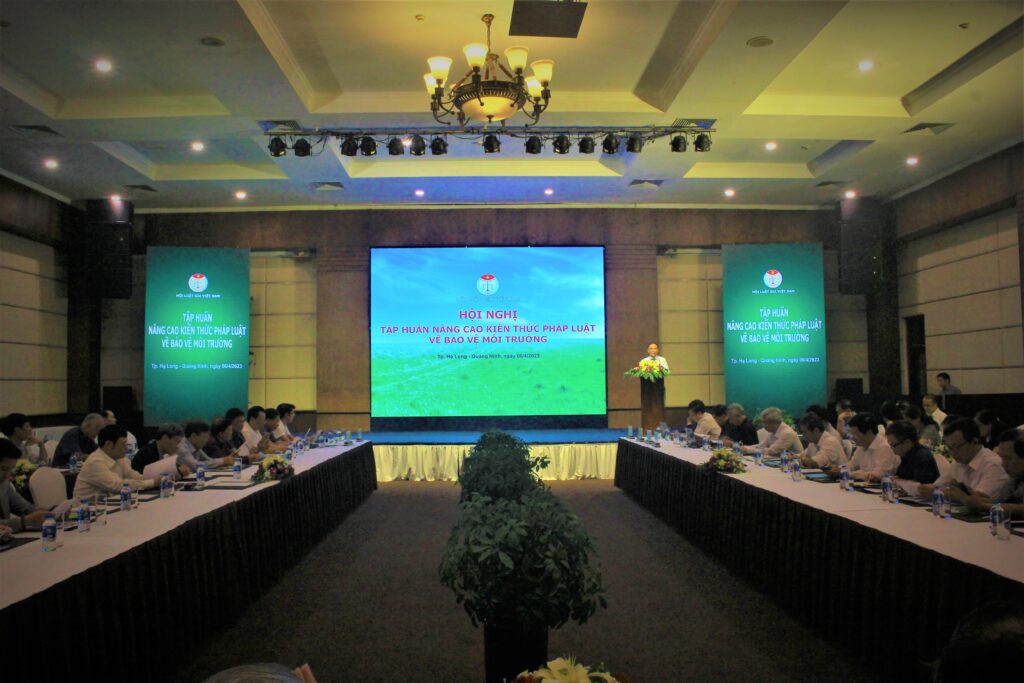To manage waste, especially domestic solid waste and plastic waste, the Ministry of Natural Resources and Environment has advised, submitted or promulgated according to its authority many regulatory legal documents and has plans to implement them. synchronized in the near future.
According to Da Nang city voters, currently the amount of waste generated in our country is extremely large, according to statistics by January 2022, there will be an average of nearly 35,000 tons of urban solid waste and 34,000 tons of waste. Rural household waste is discharged every day. Therefore, voters proposed that there should be specific solutions to limit the use of single-use plastics and plastic bags and improve the system of recycling and replacing plastic waste into paper to preserve the environment. protect the environment in the near future.
Regarding this issue, the Ministry of Natural Resources and Environment said that in recent times, it has advised, submitted or promulgated according to its authority many documents related to waste management, including domestic solid waste. , plastic waste. In particular, the Law on Environmental Protection 2020, Decree No. 08/2022/ND-CP stipulates in detail a number of articles of the Law on Environmental Protection, Circular No. 02/2022/TT-BTNMT specifically stipulates on the roadmap to limit the production and import of single-use plastic products and plastic packaging that is difficult to biodegrade; Vietnam Ecolabel criteria and certification for environmentally friendly products and services; Require organizations and individuals that produce and import products and packaging on the list of regulations that must be recycled according to mandatory recycling rates and specifications; classify, collect, reuse and recycle waste; policies to support and encourage businesses and people to invest, produce and use environmentally friendly materials...
In the coming time, the Ministry will continue to synchronously deploy solutions according to the provisions of the Law on Environmental Protection and guiding documents, which will guide and direct the organization of classification of biological solid waste. Activities from households and individuals are classified into the following types: Solid waste that can be reused and recycled; Food waste; Other household solid waste aims to minimize waste generation, enhance waste recovery, reuse and recycling. Gradually implement the collection, transportation and treatment of household solid waste services, which are calculated based on the volume of household solid waste generated and classified according to regulations to encourage people to reduce the amount of household solid waste. generated waste, and encourage people to classify at source according to regulations.
At the same time, organize the implementation of regulations requiring organizations and individuals that produce and import products and packaging on the list of regulations that must be recycled according to the mandatory recycling rate and specifications; Provide guidance on implementing the responsibility of recycling products and packaging of organizations and individuals that produce and import products and packaging according to regulations. Implementing this content will increase waste recycling efficiency, reduce environmental pollution, and contribute to building a circular economy in Vietnam.
Along with that, promote policies to support and encourage businesses and people to invest, produce, and use environmentally friendly materials to replace difficult-to-decompose packaging and products. Implement preferential policies, tax exemptions and reductions for environmentally friendly products and materials to replace single-use plastic products, non-degradable plastic bags and materials that pose a risk of causing environmental pollution. school. Strengthen inspection and supervision of environmental protection tax collection/payment activities and combat trade fraud to protect products that have been recognized as environmentally friendly plastic bags.
The Ministry also urges localities to implement policies to limit and move towards ending the import, production and supply of non-biodegradable plastic bags from 2026 at commercial centers and supermarkets. service for living purposes; Propagate, mobilize and organize the signing of commitments to combat plastic waste and not use single-use plastic products for production facilities, product distribution organizations, shopping centers, stores, and restaurants. shops, markets, supermarkets; develop and organize the implementation of point models to limit the use of non-biodegradable bags, switch from using plastic bags to other types of paper bags and packaging; promote the market for environmentally friendly bags; Strictly control production activities of non-biodegradable plastic bags in the area, especially household-scale production groups.
Besides, organizing the effective implementation of Decision No. 491/QD-TTg dated May 7, 2018 of the Prime Minister approving the adjustment of the National Strategy on integrated solid waste management until 2025, vision to 2050, including the application of advanced, environmentally friendly solid waste treatment technologies; select solid waste treatment technologies combined with energy recovery; Minimize and have a roadmap to stop using non-biodegradable plastic bags.
Accelerate the promulgation of the Project to strengthen the capacity of domestic solid waste management in Vietnam; Organize and implement the Prime Minister's Directive on a number of urgent solutions to strengthen solid waste management. The implementation of the above Project and Directive will include overall and comprehensive solutions to strengthen solid waste management in Vietnam as well as promote the implementation of advanced household solid waste treatment technology. Advanced, environmentally friendly, solid waste treatment combined with energy recovery meets environmental protection requirements in provinces and cities across the country.
Promote communication activities to raise awareness about the harmful effects of products derived from plastic and single-use plastic bags on the environment, ecosystem and human health; Regularly launch movements to prevent plastic waste.
Continue to participate and propose global and regional cooperation mechanisms on reducing plastic waste at the G7 Summit, the World Economic Forum and international agreements, regional forums on waste reduction plastic. Strengthen coordination with bilateral, multilateral international organizations and other partners to implement projects on waste and plastic waste management in Vietnam.
Source: Ministry of Natural Resources and Environment

